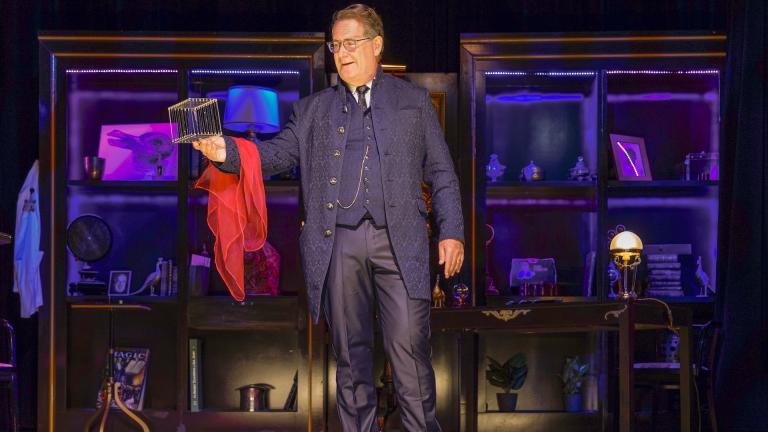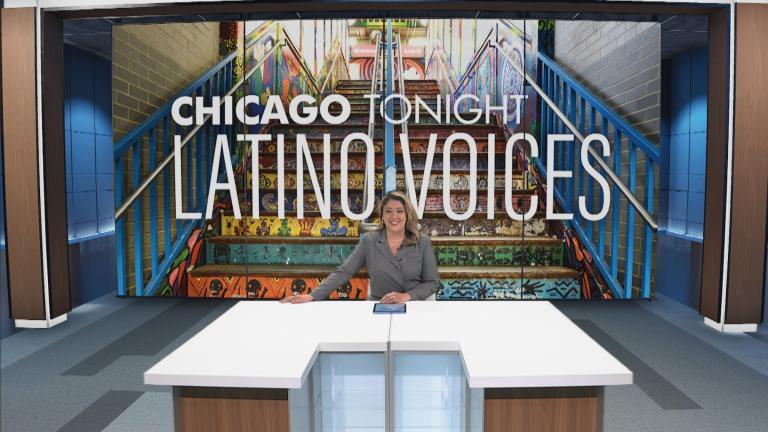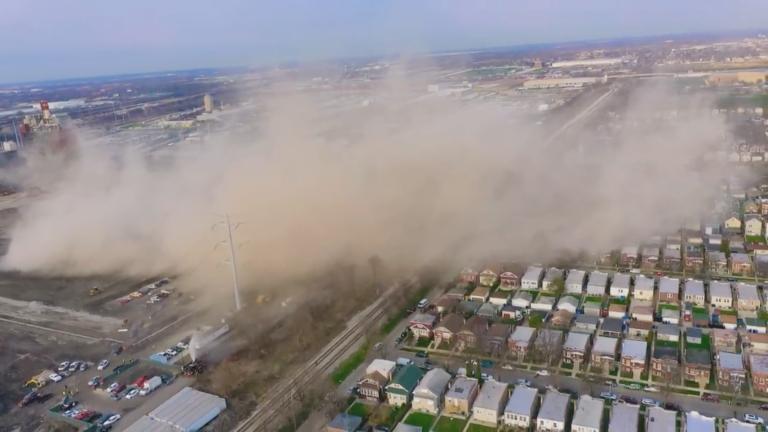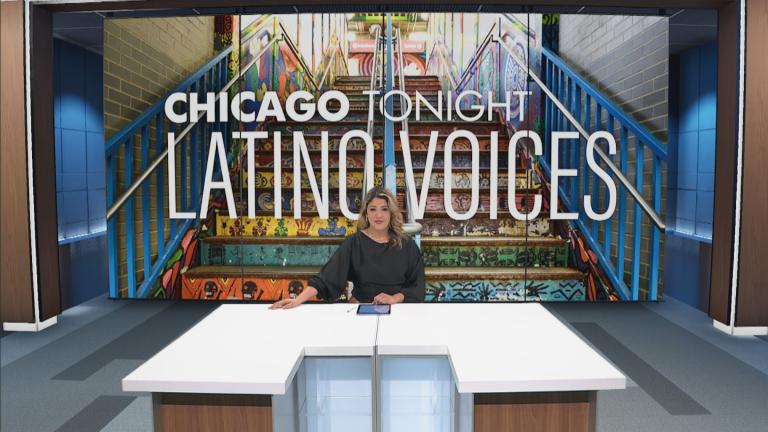About 20% of Chicagoans claim Mexican heritage, according to U.S. census data. That’s a distinction that makes itself especially evident every September when Mexicans at home and abroad celebrate Mexican Independence Day.
Parades and festivals celebrating the holiday have long been a part of Chicago’s heritage, too. Teresa Fraga of the Mexican Cultural Committee of Chicago remembers participating in the Mexican Independence Day Parade on State Street in 1974.
“Illinois used to organize the most beautiful parade downtown on State Street,” Fraga said. “It would then turn down to 18th Street … at that time, the emerging Mexican community. (The) floats were very representative of the history and the representation of the real reason that we celebrate Mexican independence.”
Today, two parades still commemorate Mexican Independence Day — one in South Chicago and one on 26th Street in Little Village, organized by the Little Village Chamber of Commerce. Chamber president Jennifer Aguilar said the event, which just celebrated its 54th year, takes year-round planning and coordinating with city and community officials.
“Our team is a very small team of three people, but they are very experienced in doing the parade and putting everything together and working with the city to make sure that we’re meeting all the required guidelines,” Aguilar said.
But in recent years, celebrations have gone beyond organized events. Caravans full of revelers have filled the city’s downtown streets — events the city has struggled to control.
Jose Muñoz, co-chair of the Illinois Latino Agenda, penned an op-ed for the Chicago Tribune about his experience getting caught in Chicago police checkpoints on the weekend of Mexican Independence Day celebrations.
“The city set up checkpoints around the city of Chicago to divide different parts of the city and keep individuals who are showing up for festivities from going into the downtown area,” Muñoz said. “I fundamentally believe that no one, no person of color, no Mexicano should have to go … through a checkpoint, to have to show ID or to be searched, regardless of what’s going on in the city.”
Moreover, Muñoz said, the caravans are evidence that Chicago is not reflecting the desires of its current demographics in its municipal celebrations.
“We need to have some events that are organized and put together throughout the entire city of Chicago to really welcome and embrace folks who are Mexican in the city of Chicago,” Muñoz said. “But car caravans and celebrations like the ones we’ve been seeing in the last two years are not new to Chicago. What is new is that the population of Mexicanos, particularly young Mexicanos, is at an all-time high. We’re all over the city. So the days of trying to contain us into just a couple of neighborhoods are over. The city needs to start treating Mexican Independence Day with the same respect and enthusiasm that it does with other major events like Saint Patrick’s Day, Pride Month, Lollapalooza. … We need to have that same level of respect for Mexicanos during Mexican Independence Day.”
Fraga said one of the missing elements is a city-sponsored El Grito, the cry of victory that is traditionally part of Mexican Independence Day celebrations.
“El Grito was actually celebrated downtown, … and then it kind of stopped,” Fraga said.
Fraga pointed out that an El Grito event is still organized, but at locations outside of downtown.
“We had the El Grito this year at the Plaza de los Heroes at Benito Juarez High School. A lot of the people that come from the metropolitan area could not get to the event because of the caravans,” Fraga said.
Aguilar said the city should consider ways to work with the people who come downtown to celebrate instead of trying to ban the caravans.
“The more they try to stop it or prevent it, the more people will come out,” Aguilar said. “That’s how the events and going around cruising got more popular during the past years. I do believe that having an event downtown such as El Grito would definitely provide a space downtown for Mexicans to celebrate, everyone to come in during that day that we can celebrate Mexican independence on one day, one huge official event, for the city.”
Muñoz said he would also like to see the city figure out a way to make Mexican independence celebrations work for everyone.
“They should not try to stop individuals from celebrating,” Muñoz said. “If anything, we should be embracing those young people that want to celebrate their culture and working with them to figure out how we can celebrate peacefully.”








